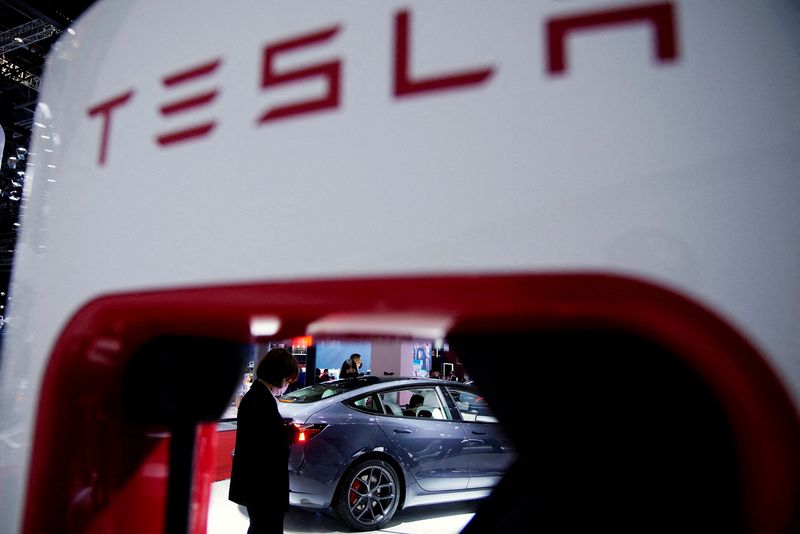The debate between gas-powered and electric cars has been heating up in recent years. While electric vehicles (EVs) are often praised for their environmental benefits and futuristic technology, there are still several reasons why traditional gas-powered cars continue to have their own set of advantages.
New Jersey Governor Phil Murphy has announced by 2035 gasoline-powered cars will be banned for sale in the Garden State, but he hasn’t told us why, other than that it’s good for the environment.
That plan discounts the benefits of gasoline-powered cars that makes his decision seem more like a punishment for most New Jerseyans, than a benefit.
Here are 10 points Phil Murphy needs to consider before forcing electric vehicles upon the masses. He needs to ensure the new product is just as good, reliable, economical and feasible than the current vehicles.
So far he has not proven that point.
1. Greater Range
Gas-powered cars generally offer a longer driving range compared to electric cars. This makes them more suitable for long-distance travel without worrying about finding a charging station.
2. Quick Refueling
Filling up a gas tank takes a few minutes, whereas electric car charging can take much longer, especially if you’re not using a fast charger.
3. Infrastructure Availability
Gas stations are abundant and available in most places, making it more convenient for those who own a gas-powered vehicle.
4. Price
Traditional cars are often more affordable upfront than their electric counterparts. Additionally, the used car market provides numerous budget-friendly options for gas-powered cars.
5. Vehicle Variety
From compact cars to heavy-duty trucks, gas-powered vehicles come in a much wider variety than electric cars, giving consumers more options to choose from based on their needs.
6. No Need for Home Charging Infrastructure
Owning an electric car usually requires a home charging setup, which can be an added cost and inconvenience. Gas-powered cars don’t require any additional infrastructure at home.
7. Resale Value
The technology in electric cars evolves quickly, which can make older models obsolete faster. Gas-powered cars often have a more predictable and stable resale value.
8. Mechanical Simplicity
Gas-powered cars are generally easier to repair, and mechanics are more familiar with them. This can make maintenance more straightforward and possibly less costly.
9. Towing Capacity
Traditional gas-powered vehicles are often more capable when it comes to towing heavy loads, a feature that is essential for many drivers.
10. Energy Density
Gasoline has a higher energy density compared to batteries, which allows for more potent performance in some vehicles.
While electric cars are continually improving and offer their own set of benefits, these are some reasons why gas-powered cars are still a valid choice for many consumers. As technology evolves, it will be interesting to see how the balance shifts between these two types of vehicles.
